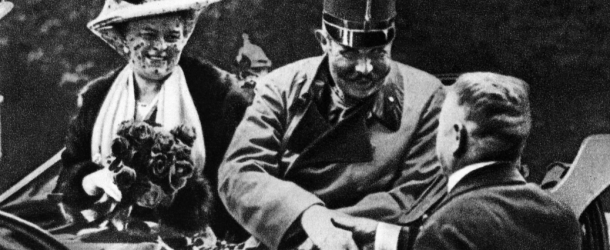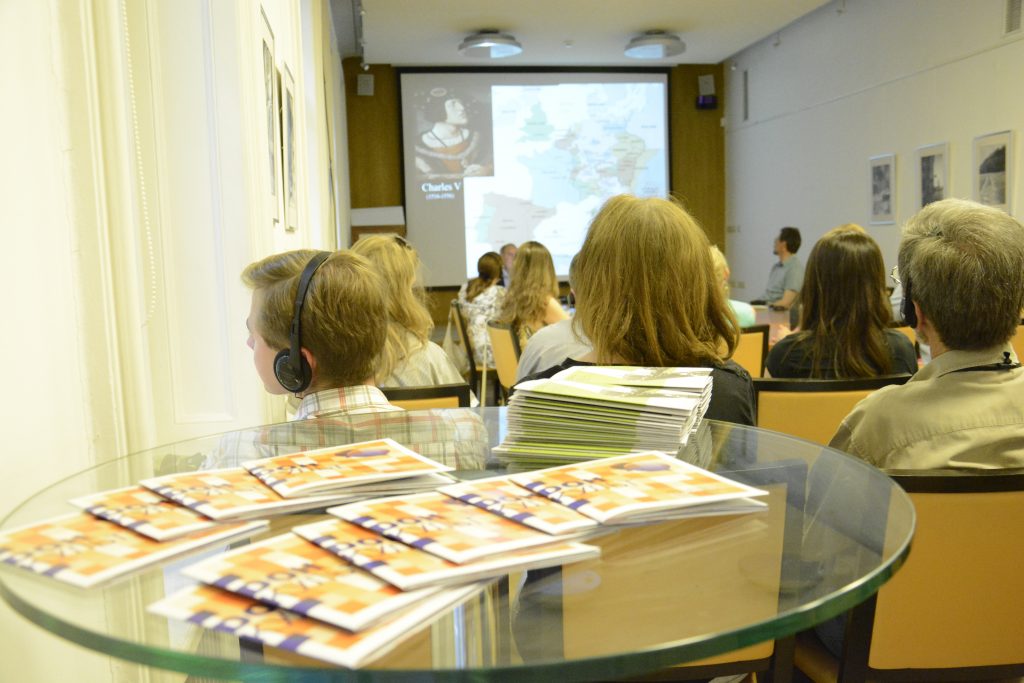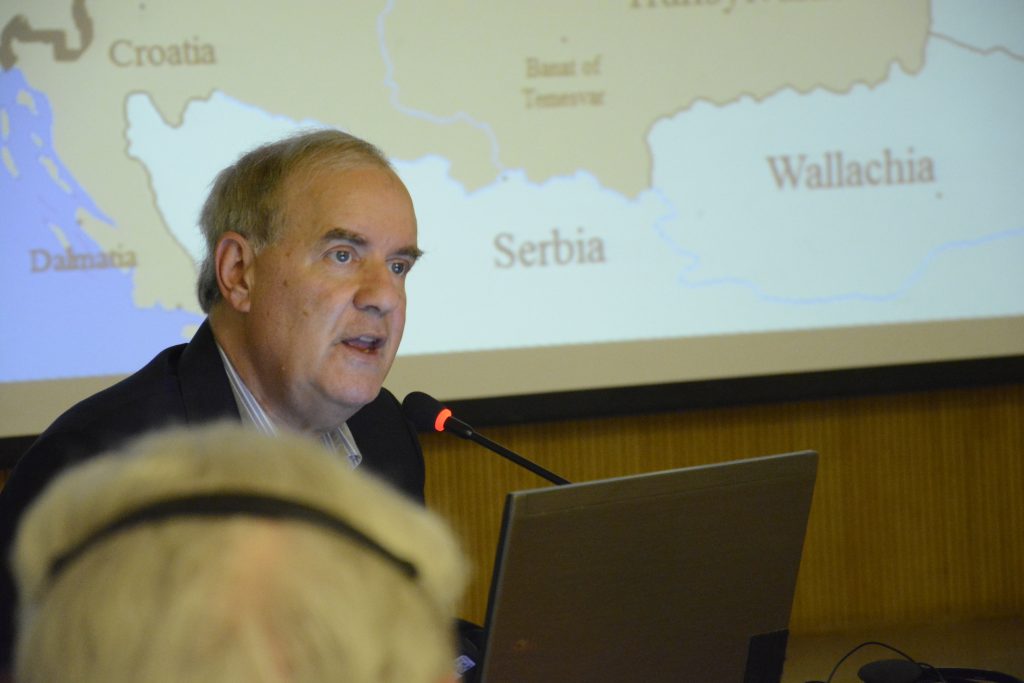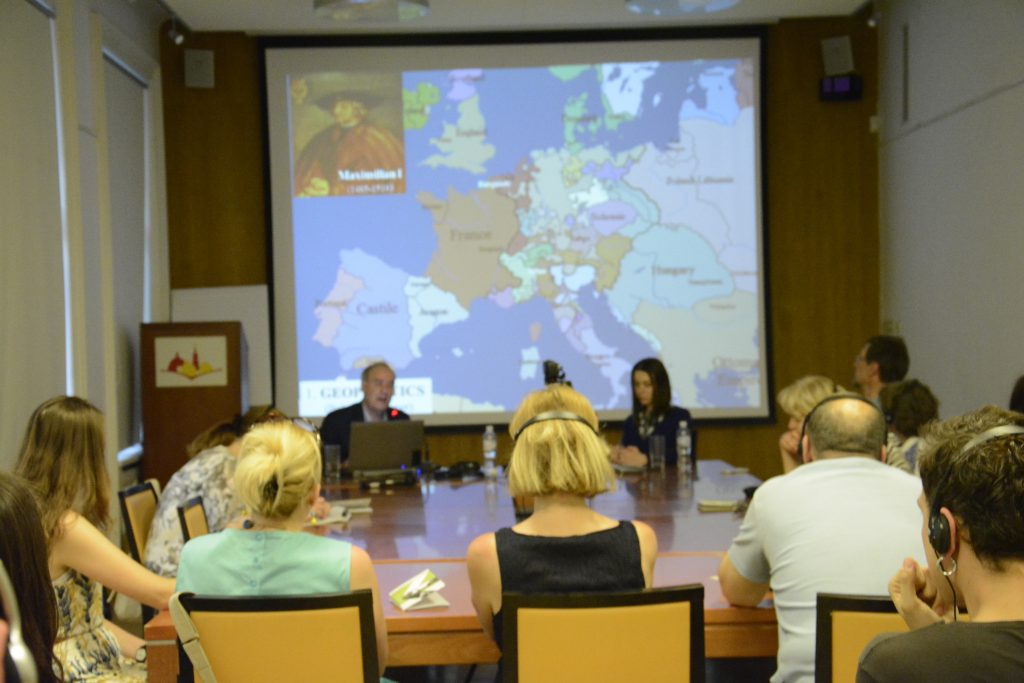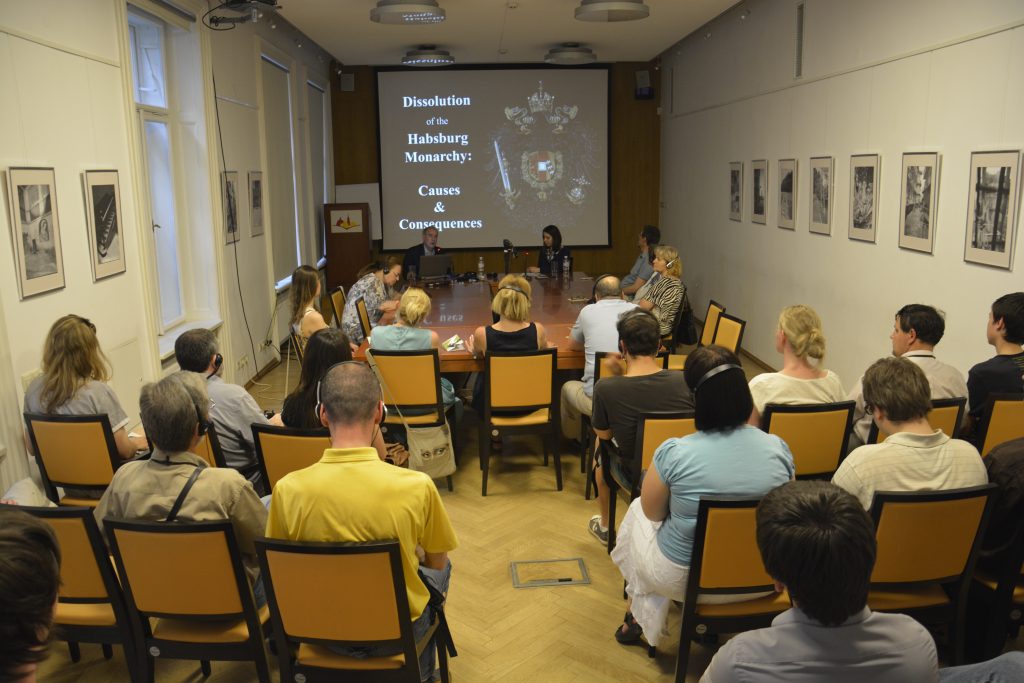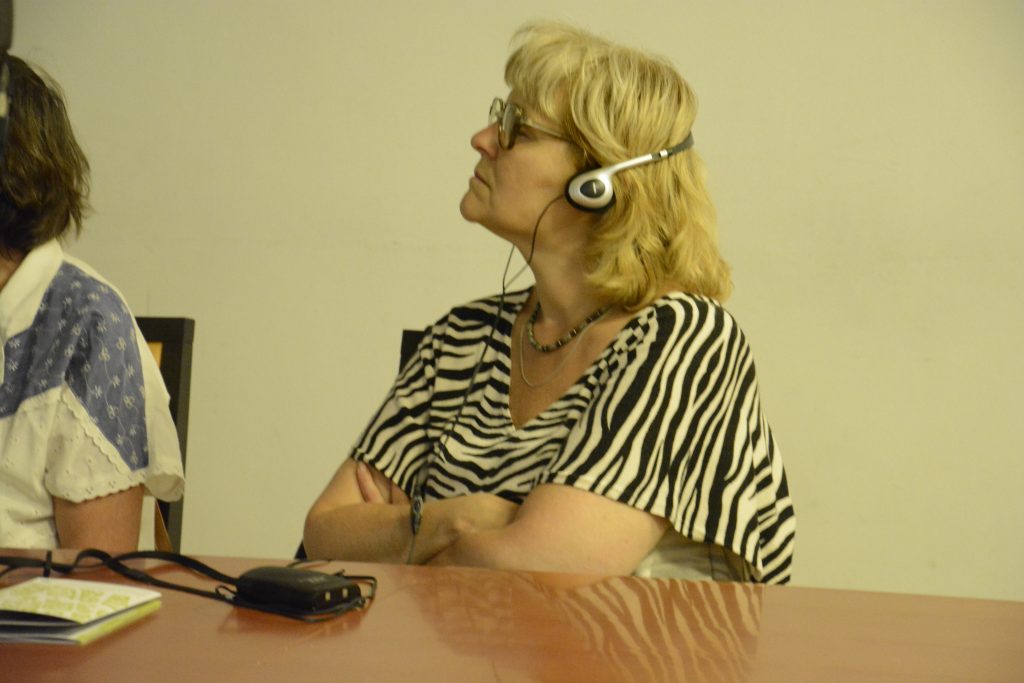The Dissolution of Austria-Hungary: Causes and Consequences
8.6.2015
Center for Urban History, Lviv
The dissolution of Austria-Hungary has attracted a great many scholars over the past century. The collapse of communism has generated renewed interest as both the Soviet and Yugoslav federations and their successor states have confronted many of the same problems that faced the Habsburgs. The talk began by questioning the widely held notions that the monarchy "declined", in the 19th century, that it "collapsed" during World War I, and that its disappearance was "inevitable". In its place, the lecturer argued that the empire was the first modern state to confront the unscripted challenges that nationalism and the nation-state present to democratizing societies - and that its performance was better than many of the "new democracies" of the 1920s and 1990s. That said, the talk focused principally on the enormous geopolitical, socio-economic, cultural and demographic consequences of its dissolution. Comprehending both the causes and consequences of Austria-Hungary's demise not only helps us to explain the torturous course of the 20th century, but the unmet challenges of the 21st.
The lecture will be given in English with simultaneous translation.
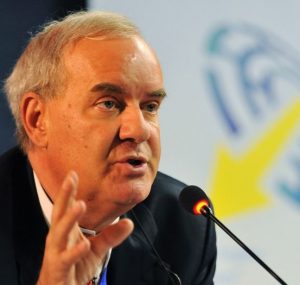
Charles Ingrao
is Professor of History at Purdue University and has held visiting appointments at Brown, Cambridge, Chicago, Indiana and Washington. He is an expert on the history of Europe and expansion across the globe. He has served as Editor of The Austrian History Yearbook (1995-2006), Senior Editor of Purdue University Press’s Central European Studies book series (1997-), and Director of the Scholars’ Initiative (2001-), an international consortium of 300+ historians and social scientists that produced a common, transnational narrative of the Yugoslav conflicts.
Lecture is a part of the series of events in support of the exhibition "The Great War 1914 - ... Individual and Global Experience".
Credits
Сover Image: Prince Ferdinand and his wife Sofia
